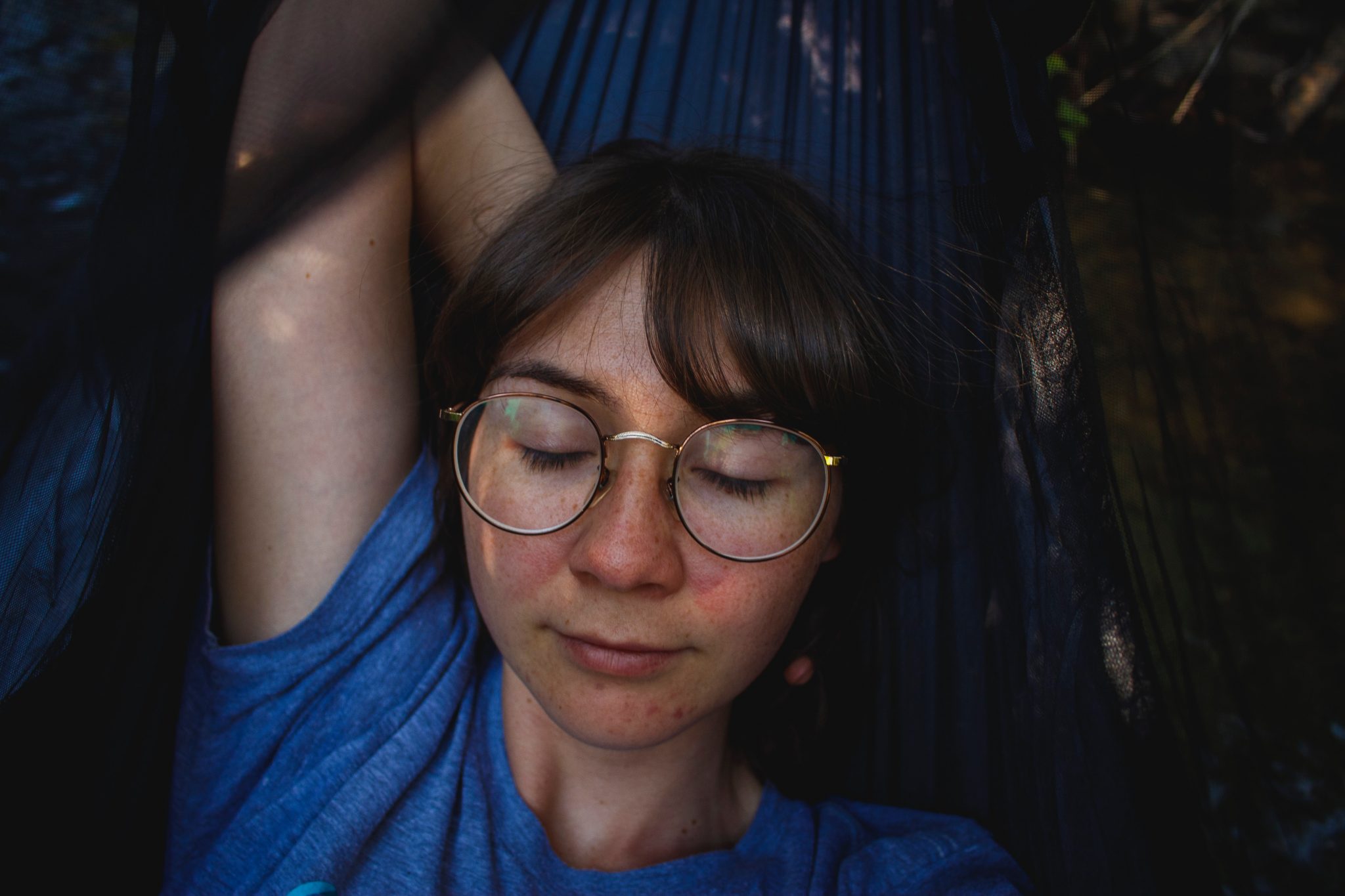Myopia, or short-sightedness as it is commonly known, is an eye condition where you do not see distant objects clearly. According to Optometry Australia’s 2020 Vision Index Report an alarming 33 per cent of Australians have never heard of myopia despite predictions that half the world’s population will be affected by the condition by 2050, in what scientists are calling a looming health care epidemic.
The common signs and symptoms of myopia may include blurred vision when looking at distant objects, squinting and difficulty seeing whilst driving at night.
The obvious impact of myopia is that it reduces the quality of our vision, but there are also some less obvious side effects.
In some unfortunate news for those with myopia, not only does it reduce vision but it can also reduce the quality of sleep.
But fear not, in this article we’ll find out exactly why this is happening and what people with myopia can do to get a good night's rest.
Why does myopia cause bad sleep?
New research suggests that people with myopia are more likely to experience poorer sleep quality.
The study indicates that myopia causes delayed circadian rhythms which is our internal system telling our body when to sleep and when to wake up. Myopia is also linked to lower production of melatonin, a hormone secreted in the brain which is responsible for regulating our sleep at night.
The findings show that individuals with myopia take longer to fall asleep, often sleep for shorter periods of time and are more likely to go to bed later.
These sleeping habits were related to people with myopia spending more time on computers and other digital devices before going to bed. The advent of artificial light and the use of light-emitting electronic devices for reading and entertainment is leading to disruptions in circadian rhythms and subsequently impacting the quality of sleep.
What does bad sleep mean for us and our eyes?
Dark circles and puffy eyes make it easy to spot someone who isn’t getting enough sleep. Although a poor night's sleep often does more harm than just affecting your physical appearance.
Sleep deprivation affects your mood, memory and metabolism, and even impacts the health of your eyes. It is a fundamental part of your overall wellbeing that shouldn’t be ignored.
Just like our body needs time to recover at night, not getting enough sleep prevents our eyes from having time to heal. This can lead to dry, itchy, or bloodshot eyes and increases the risk of developing eye infections such as glaucoma, over time. People may also experience eye twitches or spasms, blurry vision and sensitivity to light when you have not had enough sleep.
How to make sure you’re getting enough sleep
We’ve outlined some tips below to help you sleep better and ensure your eyes wake up feeling rejuvenated. These are all the more important for those with myopia:
- Take your contact lenses out before going to sleep
- Stick to the same sleep schedule every night
- Practice a relaxing pre-bed routine to make it easier to fall asleep quickly
- Disconnect from electronic devices for at least half an hour before bed
- Use night time screen filters such as Apple Nightshift or F.Lux to dim brightness and reduce blue light emmited from devices in the evenings
- Try to avoid consuming caffeine and alcohol a couple of hours before bed
If you’re concerned about myopia or showing possible signs of myopia you can use our Find an Optometrist search tool to schedule an appointment.






